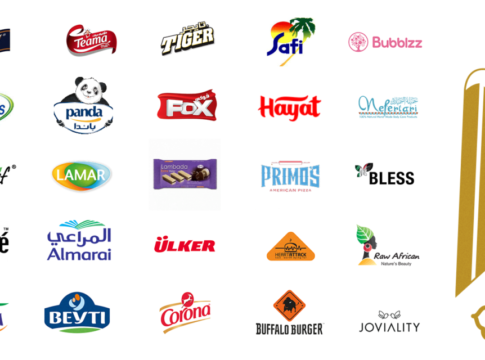As geopolitical tensions rise in the Middle East, major Western brands are feeling the financial sting of widespread boycott campaigns. In solidarity with Gaza, these campaigns have swept through social media, impacting consumer behavior and leading to significant profit declines for six prominent companies in the third quarter of 2024. On the other hand, Egyptian local brands are experiencing a renaissance, capitalizing on shifting consumer preferences towards local products. This dual narrative highlights both the economic impact of boycotts and the burgeoning success of homegrown enterprises.
Western Brands Sales decline;
Starbucks reported a 25.4% drop in net profits, reaching $909.6 million by the end of September 2024. This decline reflects a challenging customer experience amid intensified boycotts. Despite efforts to diversify its product range, Starbucks has struggled to counteract the negative publicity and consumer backlash. The company’s annual earnings also saw an 8.8% drop, underscoring the broader impact of geopolitical instability on global operations.UAE-based Americana Restaurants experienced the sharpest decline among the affected companies, with net profits plummeting 56.2% to $36.6 million. The ongoing boycott campaigns, coupled with a 15.3% decline in quarterly revenues, have severely constrained growth despite new store openings. The company, which manages popular brands like KFC and Pizza Hut across the Middle East, faces challenges from regional geopolitical shifts and consumer demand fluctuation.Procter & Gamble‘s net profits fell by 12.5% to $4 billion in Q1 2025. The company attributes this decline to global economic conditions and geopolitical tensions, particularly in regions outside the US, where it generates over half its sales. Political uncertainties and market contractions continue to pose significant risks to its diverse range of consumer products, including Pampers and Tide.
Coca-Cola‘s net profit saw a 7.6% decrease to $2.9 billion, with revenues in EMEA dropping by 7.2%. CEO James Quincey cited the Middle East conflict and macroeconomic challenges in Eurasia as key factors affecting performance. Despite its strong global brand portfolio, Coca-Cola faces ongoing risks from geopolitical tensions and economic disruptions.
PepsiCo‘s earnings dropped by 5.5% to $3 billion, as its operations in AMESA reported a revenue decline of 3.9%. The geopolitical situation in the Middle East has been particularly impactful, according to CEO Ramon Laguarta. The company continues to navigate an array of international risks, including economic volatility and civil unrest, affecting its diverse product lineup from snacks to beverages.
McDonald’s reported a 2.7% dip in net profits to $2.3 billion, influenced by the Middle East conflict and an E. coli outbreak linked to its supply chain. The CDC identified fresh onions as the outbreak source, resulting in recalls and brand reputation challenges. Such incidents exacerbate the financial strain as McDonald’s navigates food safety concerns alongside geopolitical tensions.
Egyptian Brands on the Rise:
Spiro Spathis: A Carbonated Success Story Spiro Spathis, an Egyptian carbonated drink company, has seen a remarkable 350% increase in local sales. The boycott of foreign drinks has boosted demand, prompting the company to expand its product line and consider international markets like the UAE and Kuwait. This growth underscores the potential of Egyptian made products to capture both local and global markets.
Auf Egypt: Brewing Success in the Coffee Sector Local coffee brand Auf Egypt has experienced a significant rise in sales, growing by 25-30%. CEO Ahmed Auf views this as an opportunity for local industries to strengthen their market presence. The brand is expanding its production lines and exploring new export channels, positioning itself as a formidable competitor on the global stage.
Friday: Ice Cream Innovation Capitalizing on the boycott of foreign products, ice cream brand Friday has secured a substantial local market share. Known for its diverse product offerings, the brand is planning to construct a state-of-the-art factory to meet increasing demand and explore export opportunities.
Dina Farms and Juhayna Food Industries continue to uphold their reputations for quality and reliability, while brands like Lamar Egypt, Beyti, and Hayat Water expand their presence by emphasizing local production and innovation.
Bubblzz and Nefertari represent the growing trend of natural hair and skin care products, offering consumers quality alternatives inspired by Egyptian heritage.
The similar pattern for local brands around the Middle East is growing at a slower pace.
According to Dr. Omar Al-Mahmoud, an economist at the International Institute for Middle Eastern Studies, “The current climate demands a re-evaluation of market strategies. Companies must prioritize resilience and adaptability to sustain operations amidst persistent geopolitical and consumer pressures.”In a recent development, the International Monetary Fund (IMF) has expressed concern over the potential long-term economic impacts of ongoing boycotts, urging multinational corporations to engage in proactive dialogue to mitigate further financial disruptions.


